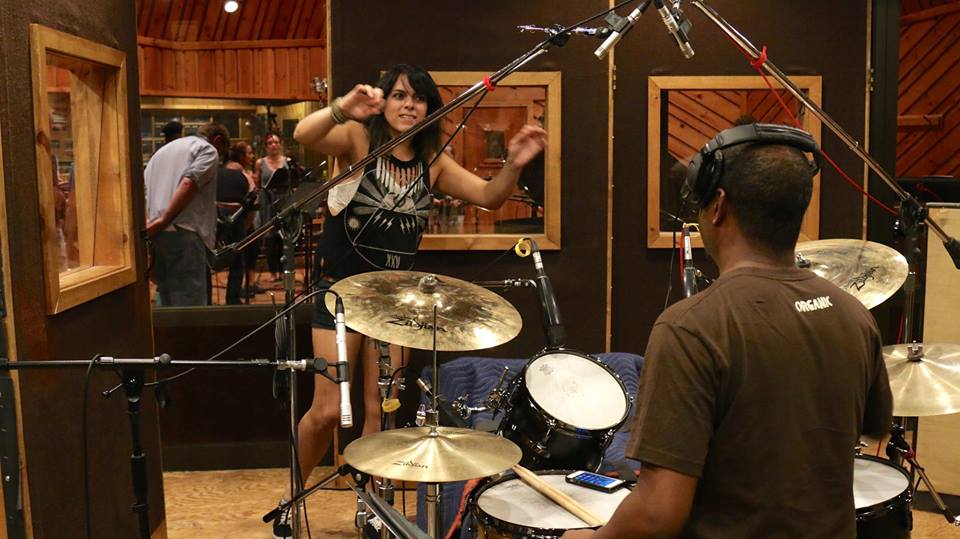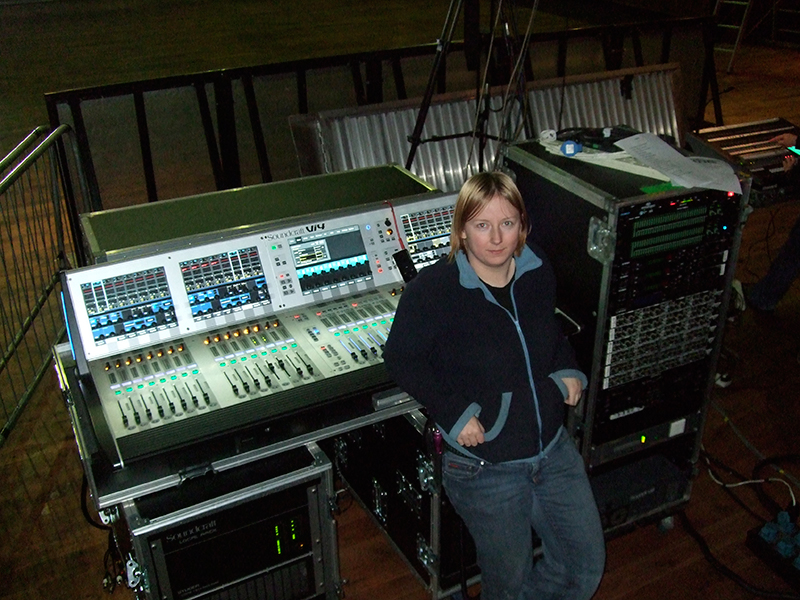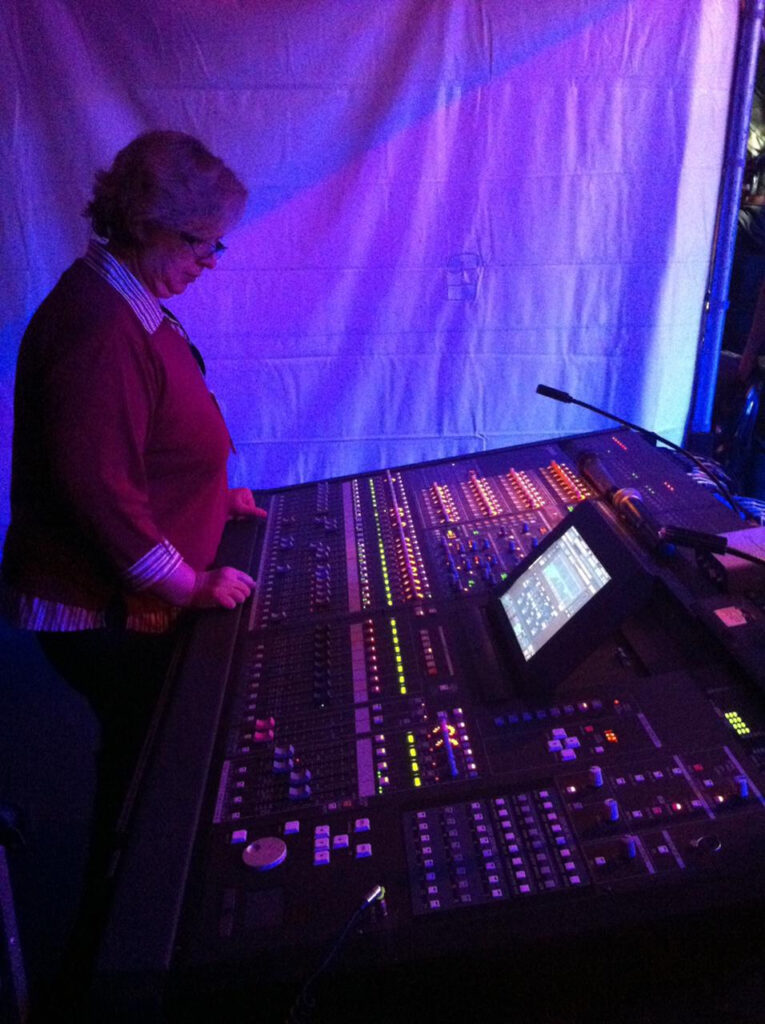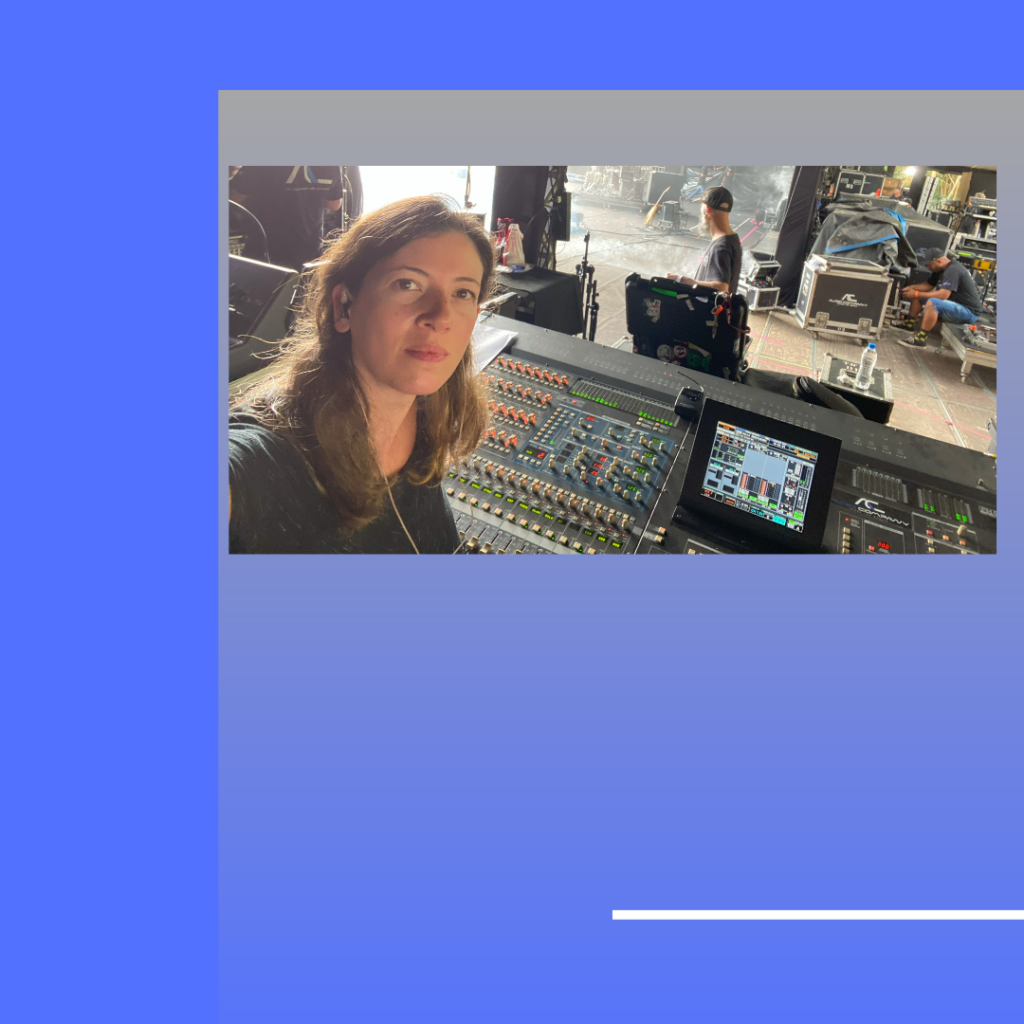Does continuing your education within audio guarantee your success? Of course, not, nothing is guaranteed. Will continuing in higher education give you some type of lead way? I’d like to think so. I was taught audio by my father at a young age. As I grew into this passion, I taught myself and continued to grow with the technology. I learned a lot of lessons through experience, failing, and trying different things.
Nothing is better than experience, that’s part of the reason I choose to attend Media Tech Institute when I relocated to Houston, TX. Media Tech provided an atmosphere not only where I could learn. But I could also apply what I’ve learned up until enrollment and actually get my hands dirty on industry-standard, state-of-the-art gear. Yes, I know many schools offer similar products and experiences, but Media Tech was the best option for me and my buck at the time. The facilities extended the opportunity to work with multiple DAW’s and analog consoles. After taking a tour of the school I knew right then it was the place I wanted to continue persisting in my passion.
Many times we hear the topics of continuing education and being well rounded. I’ve written an article on being a lifelong student myself. Everyone learns differently and at their own pace, which is fine. Because you’ll never know where you’ll end up with that knowledge. No matter what, it will take hard work, having the right knowledge, and utilizing that knowledge. Then you can harness different learning curves to help you climb up the ladder.
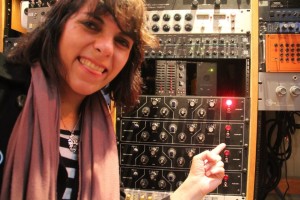 I took some time out to chat with Juno Black. A woman who has been active in music, video, and film since 1996. Juno has expertise in production, engineering, live sound, and more. Juno was born and raised in Colombia and studied and majored in music performance at Universidad Javeriana.
I took some time out to chat with Juno Black. A woman who has been active in music, video, and film since 1996. Juno has expertise in production, engineering, live sound, and more. Juno was born and raised in Colombia and studied and majored in music performance at Universidad Javeriana.
She didn’t stop there. Juno went on to study computer science and then found herself at the Art Institute of New England to pursue music production and engineering. A prime example of gaining proper knowledge to start along a road to a career you desire. She continues to experience different opportunities and has invested in the growth of her own career from the beginning, which leads me right into my first question.
What’s your point of view on higher education within the audio world?
When I first started there was only a handful of learning programs. Now there are many more options and curriculums, everything is much more, specialized. I feel a structured program can make it easier. It gives you a head start, but it is the experience and practice that is going to get you wherever you want to be.
Do you think the degrees you have earned played a major part in your growth within the industry?
Honesty, I feel the quality of your work and attitude is what creates growth. Having a degree helps in certain fields. But at the end of the day, we are problem solvers and people pay to make issues go away.
How have you managed to keep up with the rapid pace of technology?
It’s challenging. Reading trade magazines, going to conferences, and being a part of organizations like AES and Infocomm are vital.
Your career has been very diverse thus far. How have you built such a strong portfolio within so many different aspects of audio?
I have always been a curious person, I wanted to learn and feel how different aspects of the music industry felt to me. It was hard for me to decide what I was most comfortable doing as a job, so I kept saying yes to projects that presented an opportunity to do something new.
Leading to your current position at Media Tech Institute. – Austin, TX campus. Why did you go into education and what courses are you currently teaching?
I wanted to help people achieve a level of proficiency focusing on what is important. I was running into people in the field that graduated a program and didn’t know basic concepts. I remembered even though I had gone to school the most important lessons I learned in practice. Now I am teaching audio 101 and 401 live sound.
Have you always wanted to teach? What are some pros & cons?
I had been thinking about teaching for a while. It’s really rewarding, but it’s hard to maintain focus with so many career choices in the industry today. I also miss traveling sometimes. It’s funny because part of teaching’s advantages is being steady in one place.
What advice would you give to anyone looking to climb the ladder and reach greater opportunities in audio?
Observe and learn from people that are in the position you want to be in. Pay attention and be present. Learn the science and concepts behind the gear, however, is best for you. Gear is a tool like a hammer. The objective is to nail it. Regardless of what kind of hammer or how it’s built you need to nail it. Network, anticipate problems, take care of all gear, and keep clean organized cable boxes. In that order.
There are a million different ways to obtain the information you need
Sign up for Commercial Integrator Magazine or Live Sound Magazine. Each platform has something unique to offer and each subscription keeps you informed on the latest trends and technology being used in the industry.
Attend trade shows it’s a form of hands-on experience with all the training courses and demos of new gear being offered. Another reason to attend trade shows is the networking opportunities. You get to talk one on one with influencers, recruiters, and representatives from manufactures all over the world, which can lead to endless opportunities for career growth. As an engineer, producer, musician, and more. Juno utilized similar pieces of the puzzle to build her professional success.
Stay up to date on the latest technology. Sometimes it seems like once you learn one digital console the next generation is being released.
Attitude is a key factor that plays into your success, as Juno stated. Many of us have horror stories of working with an engineer or producer that may be difficult to get along with. Being able to work well with others and learning to communicate with one another will be strong assets to have when working on any production team. Word of mouth is just a powerful as social media, if not stronger. You want to have good working relationships not only for future references but for recurring work opportunities. You want your name as wells as your work to carry a good representation.
Juno Black is a woman I’ve followed in the industry. Seeing her work in many ways has inspired me. Being able to ask a few questions and tell a piece of her story has been an honor. We can create our dream job by capitalizing on opportunities, being present in every moment, and having the knowledge along with the experience to back everything up. Let knowledge and experience carry you to wherever you want to be. Having a balance between the two will come over time, follow your passion, and don’t be afraid to try new things. You don’t necessarily have to have a certification or a degree. But you must know how to obtain the knowledge you need to get the job done. You can get in touch with Juno by visiting her website Junoblack.com
Media Tech is a year-long program where you obtain an audio engineering certification. Audio 101 is the first step in the process, it covers the basics of audio and 401/live sound is the last course in the curriculum. With this opportunity, Juno is placed in a very strong position to create change and set every student up for success in the program. When I was enrolled in Media Tech my 101 teacher was my 401 teacher as well. I was able to build a relationship with my instructor. I knew his skill set and his experience which pushed me to ask questions and soak up everything I possibly could. He became more than just an instructor, he became a mentor to me.
